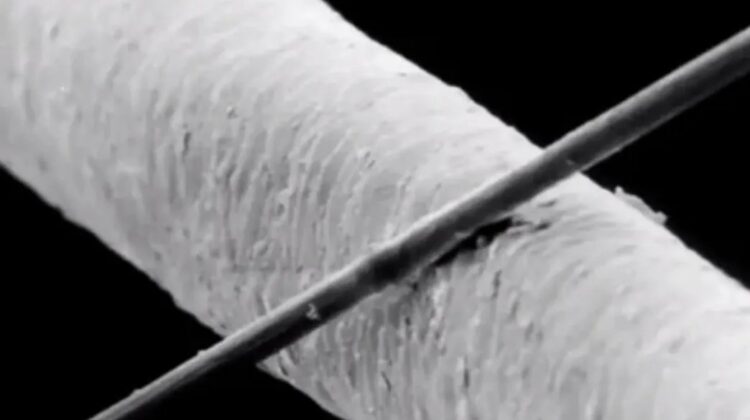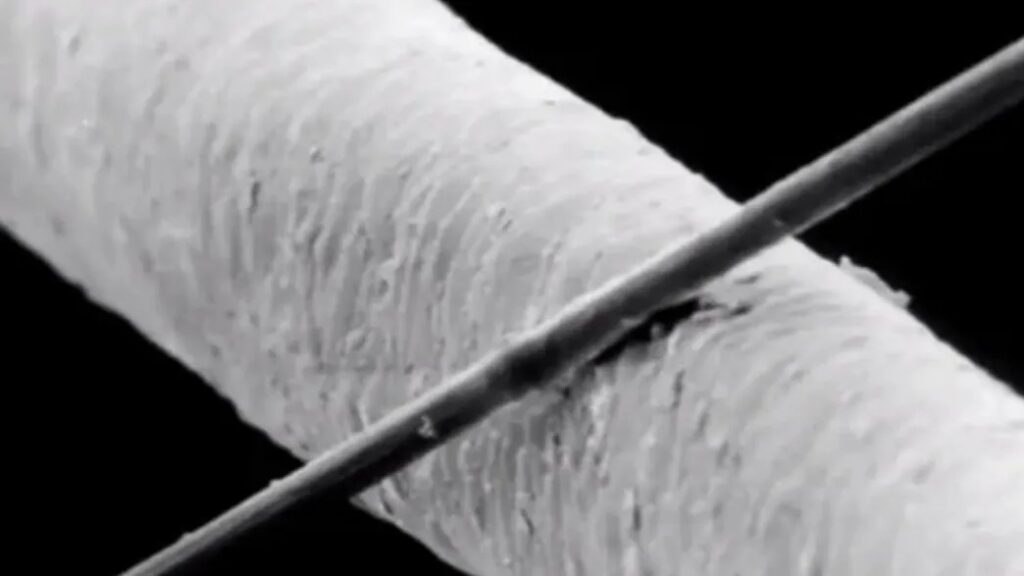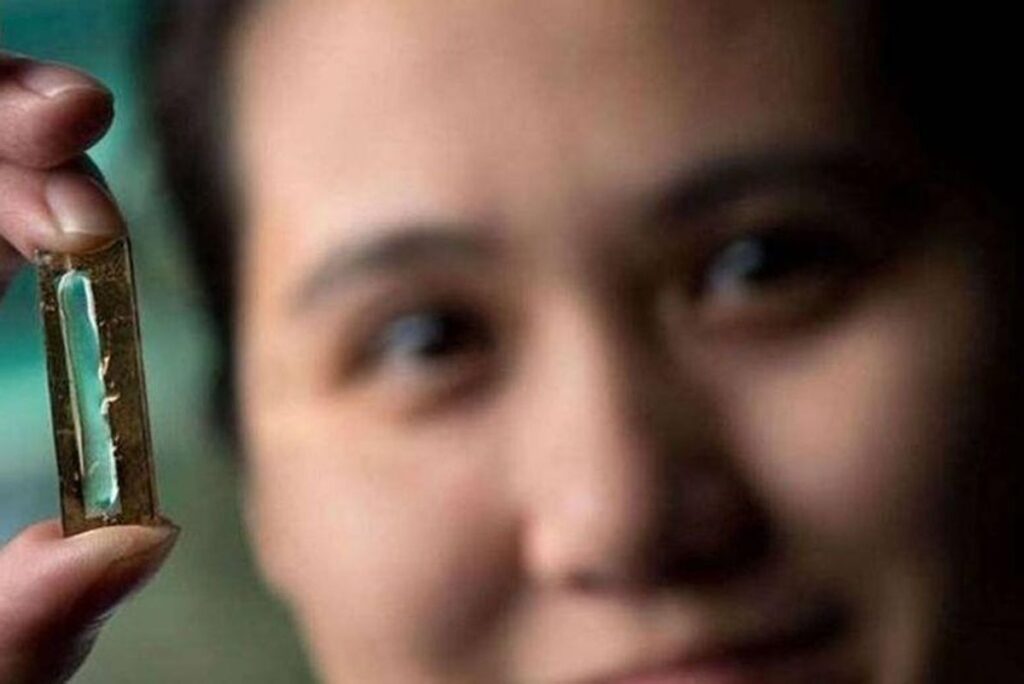
The perennial issue of short battery life in smartphones and laptops may soon be a thing of the past, thanks to a serendipitous breakthrough by researchers at the University of California, Irvine. In a groundbreaking development, a nanowire-based battery has been created that can be recharged hundreds of thousands of times, potentially revolutionizing the way we power our devices.
Poor battery life has consistently topped the list of complaints from tech users, prompting researchers to explore innovative solutions. The team at the University of California, Irvine, took a significant step towards a long-lasting battery by utilizing nanowires, which boast ideal characteristics for electric storage and transmission. These nanowires are highly conductive and extremely thin, allowing for a substantial surface area for electron transfer.

Despite their advantageous properties, nanowires have historically been fragile and susceptible to damage from repeated charging and discharging. However, the researchers tackled this issue head-on. In a study published in the American Chemical Society’s Energy Letters, they detailed the creation of a nanowire-based battery with remarkable durability.
The key to their success lies in coating gold nanowires with manganese dioxide and encasing them in a gel similar to Plexiglas. This innovative combination not only preserves the nanowires’ conductivity but also shields them from fractures. Lead study author Mya Le Thai conducted extensive testing, charging and discharging the battery up to an astounding 200,000 times without any signs of wear or loss of capacity.
Senior author Reginald Penner, chair of UCI’s chemistry department, expressed astonishment at the findings, stating, “She discovered that just by using this gel, she could cycle it hundreds of thousands of times without losing any capacity.” This achievement is particularly noteworthy considering that conventional batteries often fail dramatically after only a few thousand cycles.

The researchers attribute the success of their nanowire-based battery to the combination of the PMMA (Plexiglas-like) gel electrolyte and the manganese oxide, which imparts flexibility and structural integrity to the nanowires. This unique composition prevents cracking and extends the operational life of the battery.
“The coated electrode holds its shape much better, making it a more reliable option,” Thai explained. “This research proves that a nanowire-based battery electrode can have a long lifetime and that we can make these kinds of batteries a reality.”
As the tech world eagerly anticipates solutions to the perennial battery life problem, this accidental discovery offers a glimpse into a future where devices may be powered by batteries that withstand the test of time, requiring significantly fewer replacements.

Leave a Reply